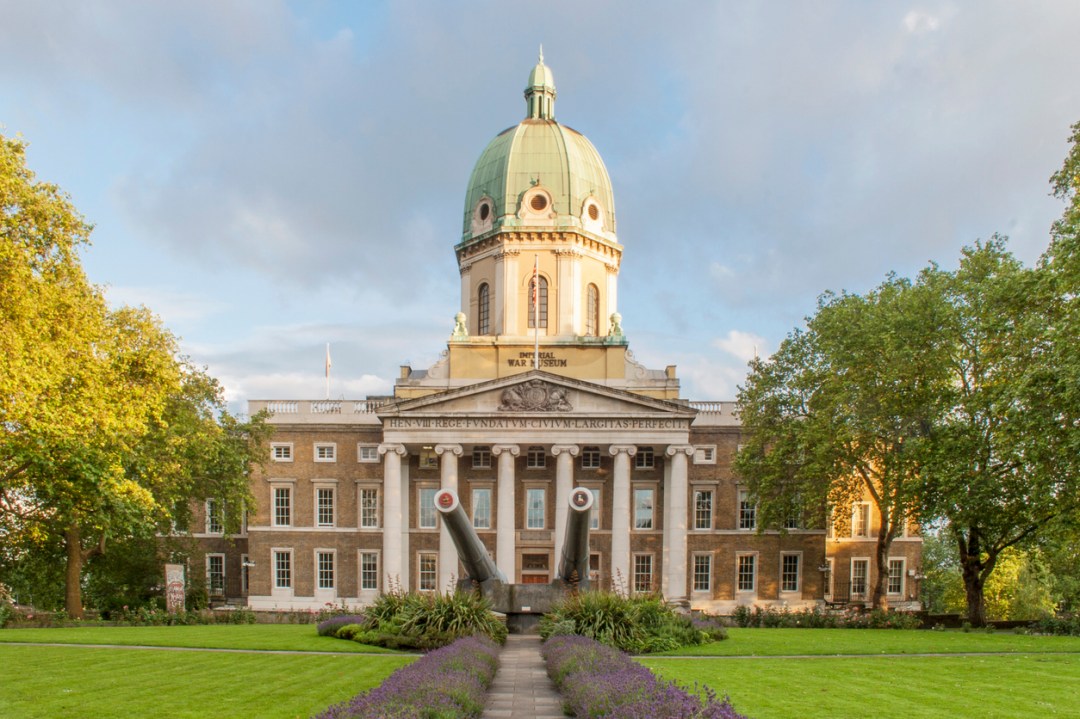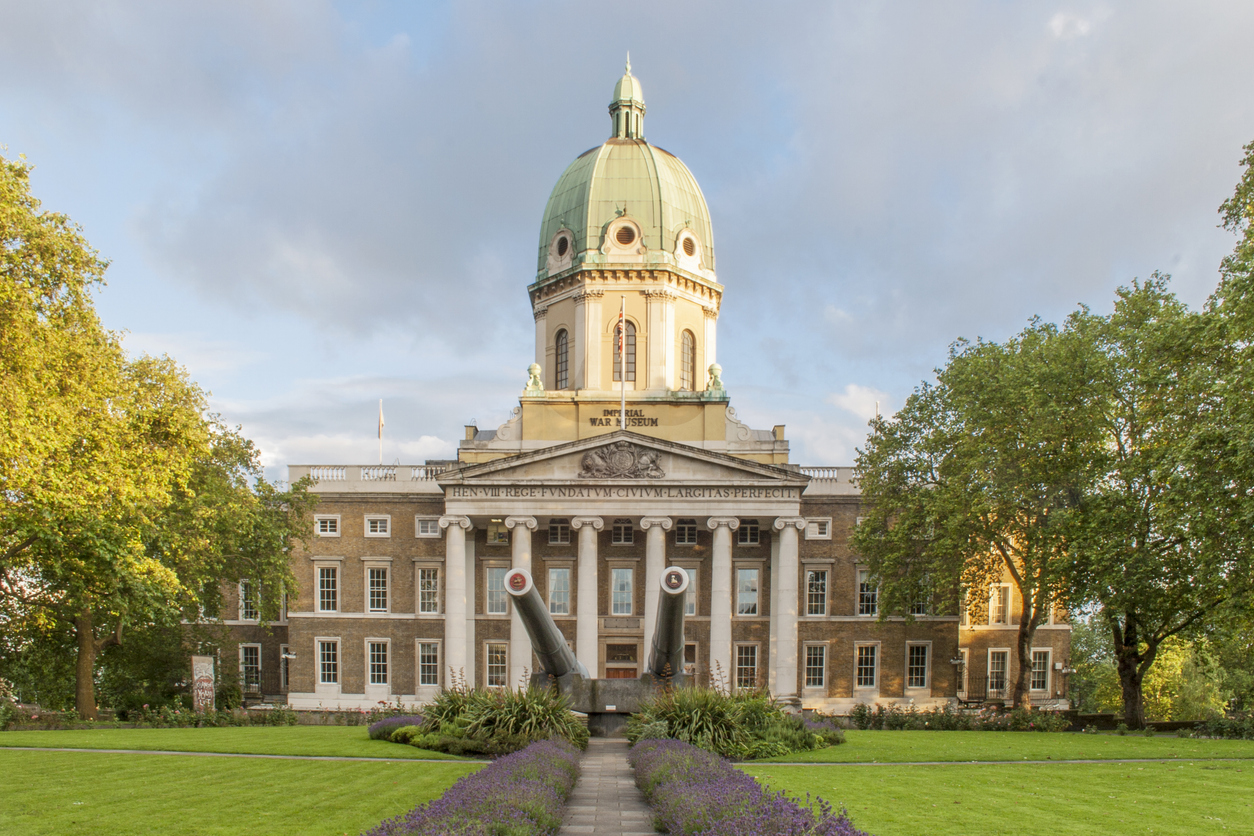The Imperial War Museum is supposed to be one of Britain’s guardians of historical truth. Yet in its description of the Nuremberg Laws, the Nazi edicts that laid the legal groundwork for the Holocaust, the museum claims they defined Jews by religious observance.
It’s a small phrase, but it’s entirely wrong. And it matters.
When Jews are erased from their own history, it becomes easier to downplay anti-Semitism in the present
The Nazis did not care whether you kept kosher, went to synagogue or even believed in God. The Nuremberg Laws defined Jewishness by ancestry: if three of your four grandparents were Jewish, you were Jewish. You could be baptised, married to a Christian, serving in the German army. None of it mattered. What mattered was blood, and Jewish blood was inferior. That was the essence of Nazi anti-Semitism. So when the Imperial War Museum reframes the laws as being about religious observance, it blurs that essential truth.
It may only be one information board, but this reflects a growing pattern of soft Holocaust distortion – not outright denial, but something subtler, a steady sanding down of uncomfortable facts.
Across the Atlantic, America’s largest teachers’ union, the NEA, recently published an education handbook for its three million members that somehow failed to mention Jews at all when discussing International Holocaust Remembrance Day. Instead, it referred vaguely to ‘more than 12 million victims from different faiths.’ The six million Jews murdered are dissolved into a melting pot of victims, their specific targeting erased.
This is not accidental. It’s the logical end of a mindset that treats specificity as divisive, identity as negotiable, and history as something that can be endlessly reframed to fit the political mood. To say the Holocaust was about ‘different faiths’ is to suggest a pluralism that did not exist. Whoopi Goldberg infamously said on her talk show in 2022 that the Holocaust wasn’t about race, but ‘about man’s inhumanity to man.’ She later apologised, but by then, millions had already been exposed to this notion.
There’s a reason why this soft revisionism is dangerous. It shifts the moral lesson of the Holocaust from the truth – that entire families were exterminated because of their race – to a vague, feel-good warning against ‘intolerance’ in general. It turns a unique atrocity into just another example of prejudice, no different from a dozen others.
Once that specificity is gone, the Holocaust becomes easier to repurpose for contemporary political battles. It is being used to describe the war in Gaza, even though no real parallels can be drawn – not in terms of Israel’s actions or its motivations. And when Jews are erased from their own history, it becomes easier to downplay anti-Semitism in the present.
Britain’s national institutions should be the last place we find such errors. They are entrusted with telling history accurately, especially the parts that make us uncomfortable. If they can’t get the Nuremberg Laws right, they hand ammunition to those who would happily rewrite the Holocaust altogether.
Holocaust distortion, minimisation, and denial are already rife on and offline. On Telegram, half of the content about the Holocaust denies or distorts facts. Teachers in UK schools have reported hearing Holocaust denial and distortion from pupils. This becomes even more dangerous when trusted institutions get it wrong.
As for the IWM, the wording of its information board would have gone through several layers of expert historians and professionals before it was displayed.
Worryingly, the museum has refused to change the board, despite two leading historians pointing out that it is incorrect. Caro Howell, the IWM’s director general, is reported to have written that, ‘we stand by the curatorial choices that we have made and that our expert advisers have reviewed’.
History shows that small errors can have big consequences, especially when they reinforce an existing trend. The Holocaust didn’t begin with gas chambers; it began with words, laws, and a reframing of identity that turned millions of Jews into ‘others’. Much of the language used by the Nazis in the 1930s is being used to dehumanise and demonise Jews today. Although often disguised as anti-Zionism, the rhetoric is eerily familiar. Many Jewish businesses, homes and institutions have been sprayed with Swastikas since the war in Gaza started. They’re now appearing in schools, too.
In 1945, the world promised ‘Never again’. In 2025, perhaps we should start by insisting: never forget – and never distort.








Comments